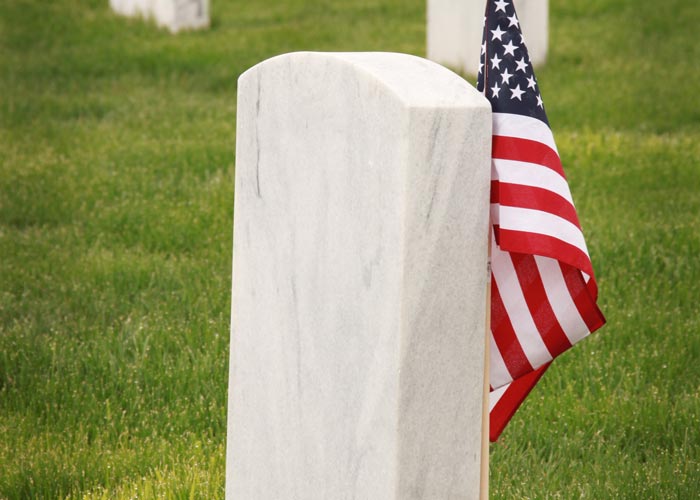
If a loved one who served in the military has recently passed away, you may be eligible for (DIC) benefits. DIC benefits are designed to financially support the surviving spouses, children, and dependent parents of veterans. Keep reading to learn who is eligible to receive VA death benefits.
For more information about veteran death benefits, VA Disability Group recommends reaching out to a VA attorney near you.
If you have any questions after reading this article, please feel free to contact us and we’ll get back to you as soon as possible.
What is DIC?
DIC stands for . If you are the spouse or dependent of a veteran, you may be eligible for these . After the death of a veteran, the US Department of Veterans Affairs offers eligible survivors a monthly benefit. Unfortunately, it’s possible that a family in need could have their VA death benefits claim denied, which is why it’s so important to hire an experienced attorney to help you navigate the process.
Who is eligible for VA death benefits?
To be eligible for VA death benefits, you must be a spouse, child, or dependent parent of the veteran. However, there are other criteria service members must meet before their families become eligible for death benefits through the VA.
One of the following must be true:
- Death happened during active duty, active duty training or inactive duty training
- Death resulted from service-related disease or injury
- Death resulted from disease or injury not related to service, but veteran was receiving (or entitled to receive) VA compensation for a service-connected disability rated as totally disabling
If your loved one falls into Category C, they need to have been totally disabled for:
- at least 10 years before death, OR
- at least 5 years before death and since the veteran’s release from active duty
- at least 1 year before death if veteran was former prisoner of war who died after September 30, 1999
Why did the VA deny my claim?
Death benefits are designed to financially support a veteran’s spouse, children, or dependent parents. However, it’s not unheard of for deserving families to be denied for VA death benefits. For example, it’s possible to collect VA death benefits if your loved one had a totally disabling service-related disability. However, it can be difficult proving the extent of their disability if they never received the disability compensation they deserved while they were alive.
It can be especially hard trying to prove the extent of the service-connected disability after death, which might be why the VA denied your claim. A veterans attorney will be able to help you go through all the paperwork so you can get the veterans benefits you need to keep your family afloat.
What happens to any VA disability compensation?
If your loved one was collecting VA disability compensation, the VA may decide to convert it to a death pension (depending on your income) or death benefits after they pass away. It’s important to understand that compensation for a service-related disability doesn’t continue after that veteran dies. Instead, you will receive death benefits.
For example, if your husband recently died after military service, you would be eligible to receive veteran benefits for widows. VA spouse benefits are designed to help you cope financially after the death of your spouse.
Need More Information?
The Kalamazoo VA attorneys at VA Disability Group work hard to make sure you get the compensation you need to support yourself after the death of a loved one. If you are interested in filing a DIC claim, call one of our VA attorneys at 1-844-VET-LAWS (838-5297).





Comments are closed